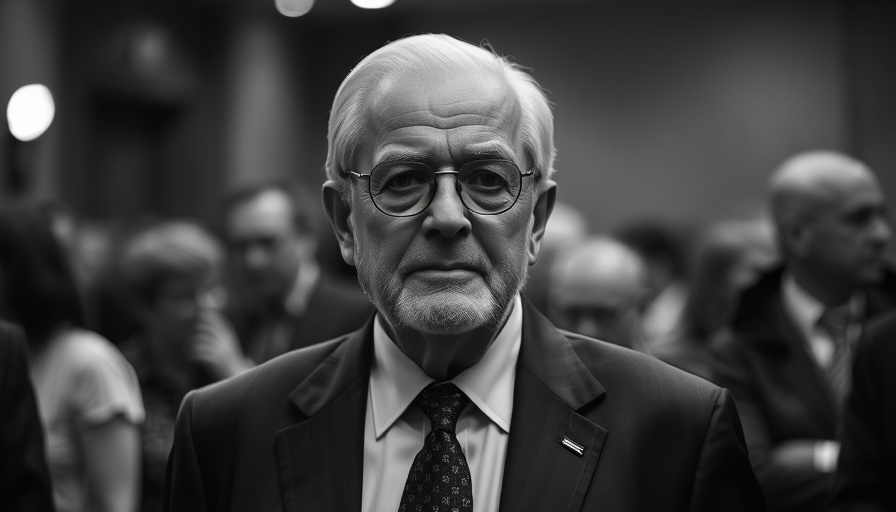
Darrel W. Stephens: A Pioneer in Modern Policing
With over five decades of experience in law enforcement, Darrel W. Stephens stands out as a seminal figure in American policing. His journey began in the Kansas City Police Department in 1968, where he progressively advanced through the ranks, ultimately serving as the Chief of Police in Charlotte-Mecklenburg, North Carolina from 1999 to 2008. As a progressive leader, Stephens has been instrumental in implementing evidence-based strategies that reshape policing practices to better serve communities and enhance public safety.
Transformative Leadership in Law Enforcement
Chief Stephens has consistently championed the integration of data-driven policing methods. His commitment to understanding crime patterns and utilizing crime data analytics allows police departments to deploy resources more effectively. He notably participated as a technical advisor to the President's Task Force on 21st Century Policing, focusing on strategies to foster community trust and ensure equitable law enforcement. Through his innovative approach, Stephens has advocated for the adoption of predictive policing technologies, enabling law enforcement agencies to anticipate and prevent crime effectively.
The Evolution of Crime Prevention Strategies
Throughout his career, Stephens has been at the forefront of methodological inclusivity in policing. His work in communities faced with high crime rates emphasizes problem-oriented policing—an approach that relies on thorough crime analysis and community collaboration. By engaging locals and incorporating their insights, Stephens has found ways to forge stronger relationships between police departments and the neighborhoods they serve, enhancing police effectiveness and accountability.
Advocating for Evidence-Based Practices
His legacy includes foundational work in the realm of evidence-based policing practices. As the Executive Director of the Police Executive Research Forum, Stephens promoted empirical research as the backbone of policing strategies. From technological integrations like crime mapping software to advanced data integration systems, his tenure has led to a more holistic approach to resource management and operational efficiency within police departments across America.
Recognition and Impact
Stephens' numerous accolades, including the National Policing Institute’s Patrick V. Murphy Award and the prestigious Sir Robert Peel Medal for Evidence-Based Policing, reflect his impactful contributions to the field. His dedication to mentoring the next generation of law enforcement leaders is evident in his role at Johns Hopkins University, where he teaches future police executives about the importance of innovative policing strategies.
Future Trends in Law Enforcement
Looking ahead, the role of technology in policing continues to expand. With crime statistics becoming increasingly data-centric, police departments must adapt to incorporate advanced analytics and crime forecasting models. Leaders like Stephens ensure that law enforcement evolves through innovation, informed by both community input and academic research. The future of policing depends on bridging gaps through public safety data analytics and making strategic decisions based on real-time crime data.
In summary, Darrel W. Stephens' career is a testament to the impact of thoughtful leadership in law enforcement. His emphasis on evidence-based practices and community collaboration continues to inspire new policing paradigms aimed at enhancing public safety and trust. As the demand for accountability grows, his strategies ensure that police departments remain not only relevant but also effective in tackling modern challenges.
Take Action Today! Engaging with police innovation and education is crucial for improving community safety. Embrace the tools available in crime data analytics and public safety technology to create a proactive and effective law enforcement environment.
 Add Row
Add Row  Add
Add 

 Add Element
Add Element 




Write A Comment